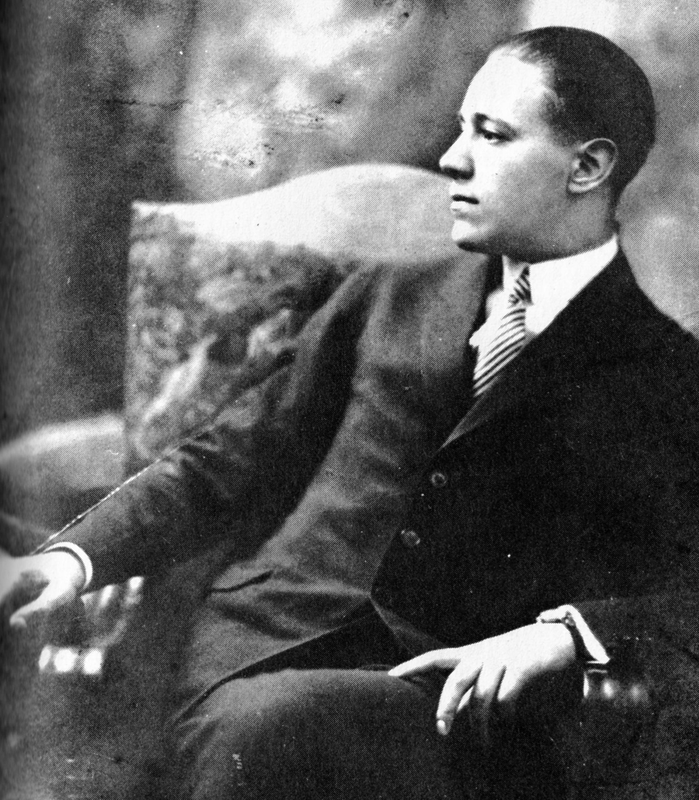 Present (each row from left to right, from top): Sakuntalla Ramanee; Colin Ellwood; Paul Hamilton; Rachel Bavidge; Kevin McMonagle; John Chancer; Emmanuela Lia; Emily Essery; Charlotte Pyke; Susan Raasay; Julia Winwood; Rob Pomfret; Valerie Gogan/Simon Usher
Both of Friday’s (22nd May's) otherwise contrasting plays centrally examined the relationship between the simplicity of inner convictions and the intractable complexity of external realities. According to David Greig’s short 2003 two-hander Being Norwegian, our inner ‘chimes’ can be good, useful, life-affirming and connection-facilitating. Akin in fact to ‘good’ art. By contrast the settled – in fact sclerotic - moral and self-identity-defining convictions of the main character in Odon Von Horvath’s astonishing 1937 Judgement Day induce only isolation, drift, and a tragic inability to respond to unfolding events, with appalling consequences. Both plays in fact chart their characters’ ultimate shift towards personal and social authenticity, but through apparently opposite means: Greig’s through a mutual, honest investment in a kind of ‘facilitating fiction’, a role play; Horvath’s through a painful abandonment of all such insulating self-constructions, and of the reassuring fiction that we can accurately attribute individual causality and moral responsibility through simple deployment of our mental ‘operating systems’, rather than through painstaking examination of detailed fact. Is there any common ground in these plays’ apparently opposite attitude to the ‘assuaging illusion’? More than at first might appear, since Greig’s characters’ 'internal fiction' is tacitly acknowledged as such by those who share it and make use of it, while Horvath’s protagonist’s inflexible equivalent functions as a substitute for reality rather than a way of knowingly shaping it. Beguiling cognitive simplifications might be ok, both writers seem to allow, but only if deployed contingently and with self-awareness. More broadly, both Horvath and Greig in writing plays at all are surely themselves tacitly making use of 'acknowledged' fictions to interact with and influence their audience’s reality. And, as we often find in the reading group, sounding these plays in the current zeit-stream induced ripples and echoes that could perhaps influence contemporary thinking, here in Covid-aware and Brexit-beleaguered Britain (and yes I appreciate that that national characterisation is also a gross simplification, contingent or otherwise…) In the Greig, then, a young woman hooks-up in a bar and goes back to the guy’s run-down flat, discovered to be littered with boxes of possession still packed after several years' residence. His subsequent awkwardness contrasts markedly with her assured manoeuvring towards sex. The secret of her confidence? Being Norwegian, she says, and Norwegians are straightforward about these things. His continuing reluctance slowly discovers him as an ex-con hobbled with self-recrimination for having messed up his own and others’ lives. But then we get an inkling that she also might not be what she seemed. Maybe she’s not Norwegian after all? What ensues suggests that as long as the ‘ontological status’ of the mental construct is acknowledged, playing can be both fun and facilitating. ‘Norwegian-ality ’ is here a mental tone, a state of mind that unlocks a mutual ability to (in the play, literally) dance. Don’t ‘essentialise’, the play seems to suggest, and especially don’t essentialise your identity if its based on an obvious fiction. But do feel free to play. Good news of course for all artists looking to inhabit the mind-set and identity-position of a character different from themselves. Taking another tack, its difficult not to reflect on the relational efficacy of Greig’s ‘tincture of Norway’ (however inaccurate the character’s sense of Norwegian spirit might be, in their activating of an imaginary and purely mental potentiality) compared to the UK’s own currently rather pungent national ethos…which at times seems more redolent of old socks and rancid union-jack underpants than of midnight sun and silent fjords. However maybe we can rethink our own national software. Clearly, according to Greig a shared community ‘chime’, an imagined group reality is useful…but only a benevolent one, neither unwarrantedly aggrandising nor sentimental; a functional operating system, not a fancy dress outfit disguising a toxic pursuit of atomising self-interest. Maybe, inspired by Greig’s play, we could think of this as a recourse to a ‘Norway plus plus’ model, but for it to work we’d need to acquire not herd immunity but herd susceptibility, a broad social consensus that the currently-available UK retro-version seems to have no chance of offering. That UK version maybe feels a bit more like the national spirit abroad in Horvath’s extraordinarily premonitory (it was written in Vienna in 1937) Judgement Day, as embodied by the play’s pivotal figure Thomas Hudetz, the apparently efficient and decent young stationmaster of a small provincial town. Popular locally and apparently a model of traditional German duty and efficiency, he makes a constant show of keeping up appearances. But even his status is in a sense a self-aggrandising fiction: he is the station's ‘master’ but in fact also its only employee. The bigger problem is that living in a town rotten to the core with bad feeling and small hypocrisies, his show of capability doesn’t involve any meaningful engagement with an increasingly sour and dysfunctional reality. Unhappily married and apparently impotent, an unplanned, lurching encounter with the innkeeper’s desperate-for-affection daughter causes him to miss a signal for the express train, with catastrophic results. As the only potential witness to his mistake, the innkeeper's daughter initially supports his story, just about allowing him to cling to his imagined sense of fundamental decency. Paradoxically their tacit pact seems briefly also to afford them a shared illicit authenticity, but her emerging desire to come clean results in him killing her, apparently while in the grip of a temporary psychosis. His self-identity, his sclerotic sense of his own virtue, must be preserved at all cost. Yet he subsequently refers to the incident as his ‘marrying her’, as if subconsciously at least he regards it as some sort of nihilistic authenticity-seeking death pact. As was tellingly pointed out in the discussion after the reading, this symbolic ‘marriage’ feels almost Lorca-esque in its embrace of death as a kind of simultaneous yearning for and destruction of innocence and honesty. When it looks like the truth of his behaviour will come out, and the town lurches to yet another over-simplistic judgment this time of his culpability for the crash and for her death, he contemplates suicide only in the end to give himself up to face the consequences of what actually happened, in all its multi-faceted, causal-complexity rather than as characterised by his and the town's pre-emptive judgments and imagined realities. The main thing, says Hudetz, is ‘not to judge your self guilty or innocent’. His – and our – human situated-ness is surely too complex for that. And yet… at the end of the play the wind (‘it’s only the wind’ says the play’s raisonner, the local chemist) howls like biblical trumpets of judgement and previously ghosts and symbols have increasingly intruded, as if the more reality is denied by the Hudetz, the more it emerges into the play's dramatic world in psychotic dream form, such as in the afore-mentioned 'death/marriage' to the white-clad girl. Horvath wrote the play in light of German and Austrian ‘respectable’ society’s inability to face and combat fascism, a failure driven in part by its own delusions of decency and capability. The extraordinary ambivalence and ambiguity of character-psychology and relationships that Horvath achieves here, as well as the complex model of causality he contrasts with the townsfolks' endless attempts to judge, simplify and assert, surely offers a model of social dissonance and disfunction as salient now as it was then. Do lets continue imagining and 'distilling' then - to have recourse to convenient and satisfying fictions - but contingently, never losing sight of the underlying reality. As both Horvath and Greig, from their very different moments and perspectives, might agree CE Below, a young Odon Von Horvath
0 Comments
Leave a Reply. |
INDEX of dates:
INDEX of playwrights and plays:
INDEX of contributors:
|

 RSS Feed
RSS Feed
